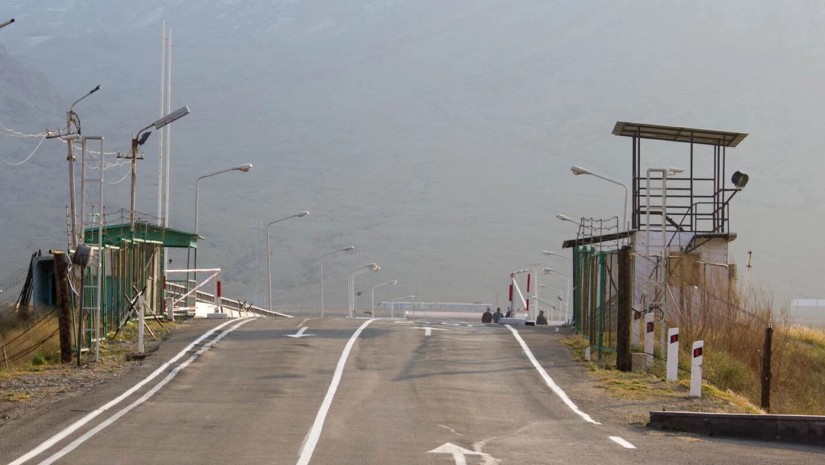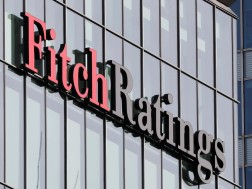Recently, Armenia's economy has been undergoing a challenging period of transformation. Despite seemingly impressive GDP growth figures, experts are expressing serious concerns about the sustainability of this growth and its long-term prospects.
Economist Agasi Tavadyan, in his analysis, presents a nuanced view of the country's economic situation. According to him, the high GDP growth of 9.2% in the first quarter of 2024 was largely driven by temporary factors, with gold re-export being the most significant.
This process, which began in late 2023, led to artificially inflated GDP and export figures. In a conversation with BMG, Tavadyan noted that re-exports of precious stones and metals from Russia to the UAE and China accounted for 75% of Armenia's total exports in the first quarter of 2024. Meanwhile, other key export sectors, including electricity, are showing a decline.
The expert emphasizes that the "gold rush" provided a significant portion of economic growth in both 2023 and early 2024. However, this growth does not reflect a real improvement in the country's economic situation.
Tavadian also highlights issues in other sectors of the economy. In particular, he points to a slowdown in the IT sector, which is considered a strategic area for Armenia's economic development. After a significant influx of specialists from Russia in 2022, the current trend shows an outflow of IT professionals from the country.
The financial sector, which was the main driver of GDP growth in 2022 due to capital inflows from Russia, is also showing signs of slowing down. There is a reduction in capital inflows and even signs of capital outflows.
Thus, according to the expert, Armenia's economy is currently heavily dependent on temporary and artificial growth factors. This creates risks for the country's long-term sustainable development.
In conclusion, Tavadyan emphasizes the need to develop long-term economic development strategies for Armenia. "Only such an approach can ensure sustainable growth and stability in the future, reducing dependence on short-term and unsustainable growth factors," he concluded.
Earlier, BMG reported that in the baseline scenario, Armenia's GDP growth is projected at 7.5% in 2024. Inflation is expected to accelerate to 1.5% by the end of 2024 due to strengthening domestic demand, a moderate weakening of the national currency, and the continued reduction of the refinancing rate.
















